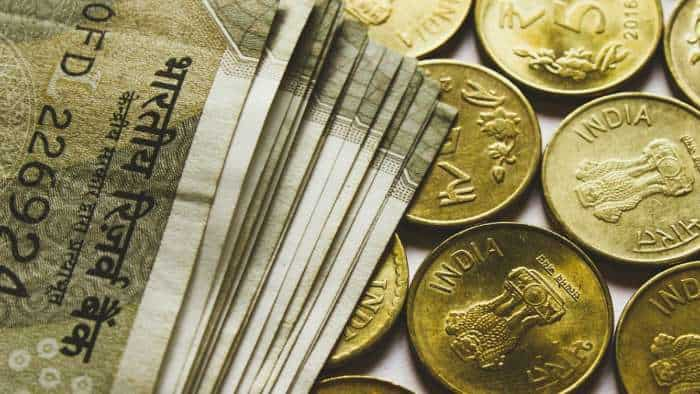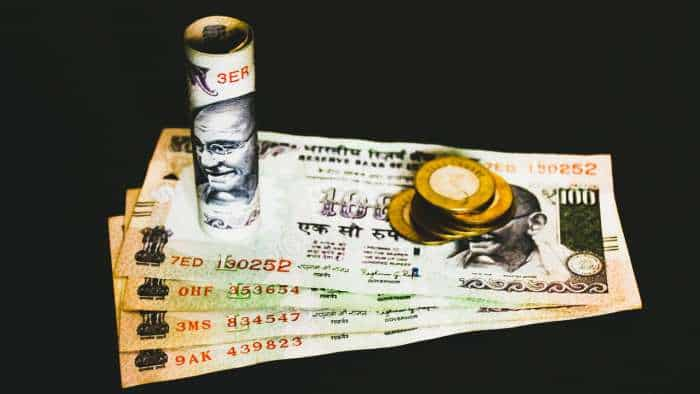RBI reiterates caution against use of Bitcoins, virtual currencies
A third warning by the RBI against the use of Bitcoins and virtual currency was flagged today.

Key Highlights
- The RBI had warned against the use of such currency in February 2017 and December 2013.
- RBI said there has been a spurt in the valuation of many VCs and rapid growth in Initial Coin Offerings (ICOs).
- RBI said it has not given any licence to any entity to operate such schemes with Bitcoin.
The Reserve Bank of India on Tuesday has once again flagged concern over use of Bitcoins and other virtual currencies. The banking regulator had earlier said it had not issued licenses or authorisations to companies to trade in these currencies.
“Attention of members of public is drawn to the Press Release issued by the Reserve Bank of India (RBI) on December 24, 2013, cautioning users, holders and traders of Virtual Currencies (VCs) including Bitcoins regarding the potential economic, financial, operational, legal, customer protection and security related risks associated in dealing with such VCs,” RBI said.
RBI had issued two other notices cautioning citizens over the same issue once in February this year and previously in December 2013.
“In the wake of significant spurt in the valuation of many VCs and rapid growth in Initial Coin Offerings (ICOs), RBI reiterates the concerns conveyed in the earlier press releases,” it said.
Bitcoins is a cryptocurrency and a payment system accepted in certain parts of the world. It is a decentralised digital currency which simply means it works without central repository.
Reports regarding use of Bitcoins and other virtual currencies in India for illicit and illegal activities in several jurisdictions have come to light in the past few years.
The risks outlined by RBI in its December 2013 release read as follows:
1. VCs being in digital form are stored in digital/electronic media that are called electronic wallets. Therefore, they are prone to losses arising out of hacking, loss of password, compromise of access credentials, malware attack etc. Since they are not created by or traded through any authorised central registry or agency, the loss of the e-wallet could result in the permanent loss of the VCs held in them.
2. Payments by VCs, such as Bitcoins, take place on a peer-to-peer basis without an authorised central agency which regulates such payments. As such, there is no established framework for recourse to customer problems / disputes / charge backs etc.
3. There is no underlying or backing of any asset for VCs. As such, their value seems to be a matter of speculation. Huge volatility in the value of VCs has been noticed in the recent past. Thus, the users are exposed to potential losses on account of such volatility in value.
4. It is reported that VCs, such as Bitcoins, are being traded on exchange platforms set up in various jurisdictions whose legal status is also unclear. Hence, the traders of VCs on such platforms are exposed to legal as well as financial risks.
5. There have been several media reports of the usage of VCs, including Bitcoins, for illicit and illegal activities in several jurisdictions. The absence of information of counterparties in such peer-to-peer anonymous/ pseudonymous systems could subject the users to unintentional breaches of anti-money laundering and combating the financing of terrorism (AML/CFT) laws.
Also Read: Bitcoin hits record high of nearly $11,800 after futures lift
Get Latest Business News, Stock Market Updates and Videos; Check your tax outgo through Income Tax Calculator and save money through our Personal Finance coverage. Check Business Breaking News Live on Zee Business Twitter and Facebook. Subscribe on YouTube.
RECOMMENDED STORIES

SBI Guaranteed Return Schemes: Here's what PSU bank is giving on Amrit Vrishti and other fixed deposit schemes to senior citizens and others

Power of Compounding: How can you create Rs 5 crore, 6 crore, 7 crore corpuses if your monthly salary is Rs 20,000?

Stocks to buy for 2025: Anil Singhvi bets on 2 largecaps and 1 midcap stock for up to 48% potential gains

Rs 4,444 SIP for 40 Years vs Rs 44,444 SIP for 21 years: Which can create higher corpus for investors? See how compounding works

PPF vs SIP: With Rs 12,000 monthly investment for 30 years; which can create highest retirement corpus

Highest Senior Citizen FD Rates: Here's what banks like SBI, PNB, BoB, Canara Bank, HDFC Bank and ICICI Bank are providing on 1-year, 3-year, 5-year fixed deposits

Top 7 Mutual Funds With Best SIP Returns in 1 Year: Rs 33,333 monthly SIP investment in No. 1 fund has generated Rs 5,12,069; know more details
05:36 PM IST











 Gross NPA ratio of India's banks falls to 12-year low of 2.6%
Gross NPA ratio of India's banks falls to 12-year low of 2.6% RBI sets up 8-member panel on ethical use of AI
RBI sets up 8-member panel on ethical use of AI Indian economy is recovering from slowdown witnessed in July-September quarter: RBI
Indian economy is recovering from slowdown witnessed in July-September quarter: RBI RBI: After another status quo year, all eyes on a growth-propping rate cut with new Guv at helm By Ashish Agashe
RBI: After another status quo year, all eyes on a growth-propping rate cut with new Guv at helm By Ashish Agashe Electricity distribution companies continue to remain a burden on state finances: RBI
Electricity distribution companies continue to remain a burden on state finances: RBI